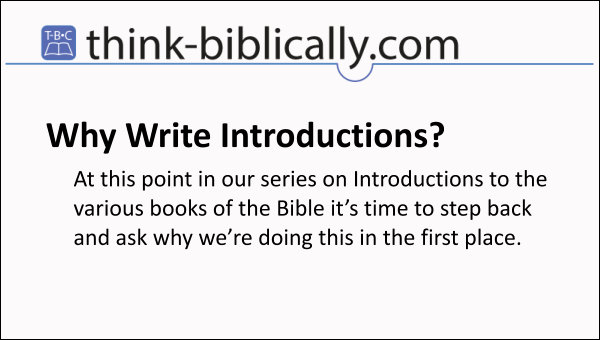By Tyson Thorne

Christianity has a long and rich history to draw upon concerning theology and biblical studies. The apostles started the trend of interpreting some Old Testament passages (to them known simply as the Scriptures) in light of the revelation of the Messiah Jesus Christ. Over the nearly two-thousand years since then — from the apostles and early church fathers to the development of Christianity as Catholicism and the period of the Reformation bringing a much needed course correction to the church, through to the modern age — mankind has invented many forms and approaches to studying holy writ. The question is, how useful is it?
In regard to Old Testament interpretation, there is not any appreciable effort to explain the writings until the intertestimental period. This is the period when the Septuagint (LXX) was translated, many of the canonical books were divided (Kings became 1 and 2 Kings, for example) and the beginnings of the Essene community came to fruition, to name only a couple projects for understanding and maintaining the integrity of the Scriptures. Issues of language and culture moved to the forefront of understanding the Word of God, important tools of Biblical studies even up to modern times.
Jewish movements for understanding the Scriptures would take a bit of a hiatus until the fourth century AD, when they would begin a thousand-year effort to write a commentary on the Old Testament called the Midrash, but Christian movements would begin almost immediately after the time of the apostles. Alongside such disciplines as history and language studies came about a guiding principle for all interpretive studies, the notion that one starts with faith in the Scriptures and its God and is guided toward understanding both. This is a philosophy that would direct students of the Scriptures for centuries — until the 18th century and the rise of Modern Biblical studies.
Modern Biblical studies changed the underlying philosophy of interpretation and understanding dramatically. Rather than "faith seeking understanding", where the Bible is viewed as divine in origin and revealing God's nature progressively across divinely directed history, the new guiding principle is to understand the Scriptures as a product of human history and evolution (Benedict de Spinoza). While secularizing a faith-based model for Biblical studies is at first blush a bad idea, the modern approach has offered up some disciplines of merit. Their extension of literary analysis and use of archaeological evidences has aided all students of the Bible well. Not all of what modernism has given biblical scholars is equal, however.
As stated previously, the fundamental shift in how one views the Bible introduces problems, not the least of which is taking out of the equation its divine origins and direction. By secularizing the approach to the Bible, traditions such as authorship of individual books and dates of writing can be ignored, all miracles must have natural explanations or explained away as fiction, and all conclusions which previously lead to truth-statements must always be held as temporary as they may change in light of new evidence. When one questions what the Bible has to say for itself (authorship, date of composition, miraculous events, etc.) one sets themselves up as an authority over the Bible rather than giving the BIble authority over the person.
The question is, how necessary are these disciplines to those who follow God? The author of Hebrews opens his sermon with the following observation about the Scriptures:
"After God spoke long ago in various portions and in various ways to our ancestors through the prophets, in these last days he has spoken to us in a son, whom he appointed heir of all things, and through whom he created the world" (Hebrews 1.1-2).
This has much to say about how one ought to approach their study of the Bible. Paul has something to say about what studying the Bible has to offer us:
"You, however, must continue in the things you have learned and are confident about. You know who taught you and how from infancy you have known the holy writings, which are able to give you wisdom for salvation through faith in Christ Jesus. Every scripture is inspired by God and useful for teaching, for reproof, for correction, and for training in righteousness, that the person dedicated to God may be capable and equipped for every good work" (2 Timothy 3.14-17).
If the Bible is divinely authored and therefore contains everything the believer needs to live a life pleasing to God, are the disciplines we've discussed really necessary? In answering this question one must consider the importance of such possible obstacles as being removed from the date of the authors by several thousands of years, reading the Bible in something other than its original language, and being born into a culture vastly different from that of the original readers. In other words, do we take the Bible as it comes to us? Or do we create a method of study that incorporates some or all of the tools that those faithful scholars before us have developed? Or should we not read the Bible at all and leave all explanation and teaching of God's word to religious authorities or academicians?
Discuss this article on our facebook page: https://www.facebook.com/groups/620829378050965/
